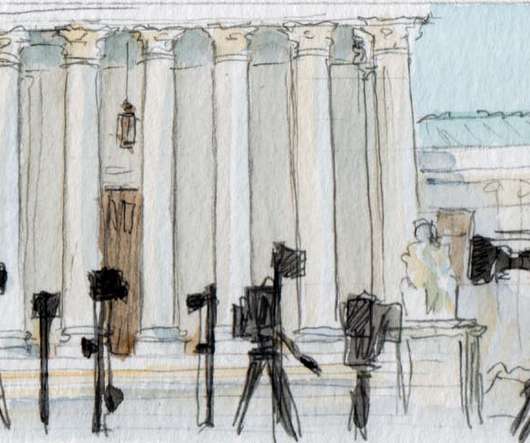Supreme Court Decision Raises Big Questions About SEC’s Authority
Intelligize Blog
JULY 9, 2024
Have you heard about the big Supreme Court decision that came down a couple weeks ago? For roughly 40 years, administrative law in the United States has adhered to the Chevron doctrine, so named for the Supreme Court’s ruling in Chevron U.S.A., Last month, the Supreme Court’s holding in Loper Bright Enterprises v.














Let's personalize your content